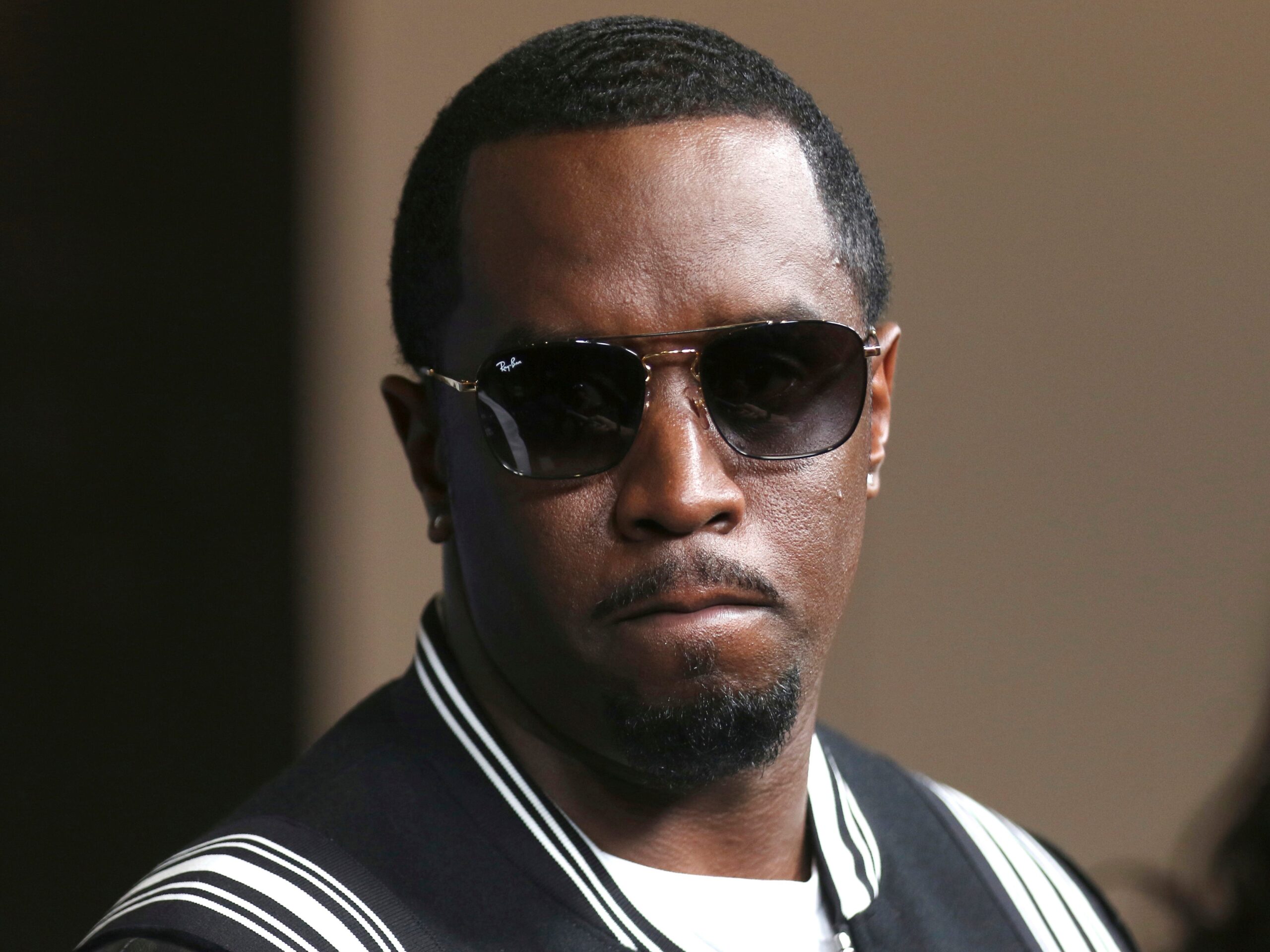CELEBRITY
Diddy’s Trial – Prosecutors in the Sean “Diddy” Combs trial are seeking a sentence of 11 years and three months in prison, along with a $500,000 fine

After a high-profile trial and months of media scrutiny, Sean “Diddy” Combs is headed to court again — this time to learn his fate. Prosecutors are asking for 11 years and three months behind bars, along with a $500,000 fine, when his sentencing hearing takes place Friday, October 3.
The Conviction & Context
Combs was convicted in July of two counts involving the transportation of individuals across state lines for prostitution. He was acquitted of the more serious charges—namely racketeering and sex trafficking—but the conviction he faces now is nonetheless grave.
The trial included testimony from former partners who described abuse, coercion, and manipulation. One of the central voices was R&B singer Cassie Ventura, who painted a picture of fear, control, and long-standing trauma. Prosecutors have pointed to that testimony and historical behavior as justification for a stiff sentence.
What Prosecutors Are Asking For
Their sentencing memo calls Combs “unrepentant” and argues that his conduct caused serious harm to victims, physically and emotionally. They assert that the punishment must reflect not only the crimes he was convicted of but also the manner in which they were committed.
The requested penalty — 11 years and a $500K fine — is far above what many expected at the start of the case.
The Defense’s Position
Combs’s legal team is pushing back hard. They are asking for a much lighter sentence, suggesting something in line with time served or no more than 14 months total. They argue mitigating factors — including claimed wrongful incarceration conditions and personal growth during detention — should reduce the punishment.
They also contend that because he was acquitted on the more serious charges, the sentencing should be limited to the context of what he was found guilty of and not influenced by broader allegations.
What to Watch on October 3
- The Judge’s discretion: Judge Arun Subramanian will weigh the severity of the crimes, the witnesses’ testimony, the defense’s arguments, and sentencing guidelines.
- Victim impact statements: Personal accounts from those harmed may heavily influence how the judge views the moral weight of the crime.
- Combs’s own remarks: His request to speak at sentencing may offer him a last chance to argue for leniency or express remorse.
- Appeals pathway: Regardless of the sentence, the fight is likely to continue. Combs and his team already have moves pending to challenge parts of the conviction.
Final Thoughts
This sentencing is more than a formality. It’s a test of how the justice system handles powerful figures accused of abuse, how much weight victim voices carry, and where the line is drawn between accountability and celebrity.
Whether Combs ends up behind bars for over a decade or emerges with a more lenient term, the reverberations will be felt far beyond the courtroom.












